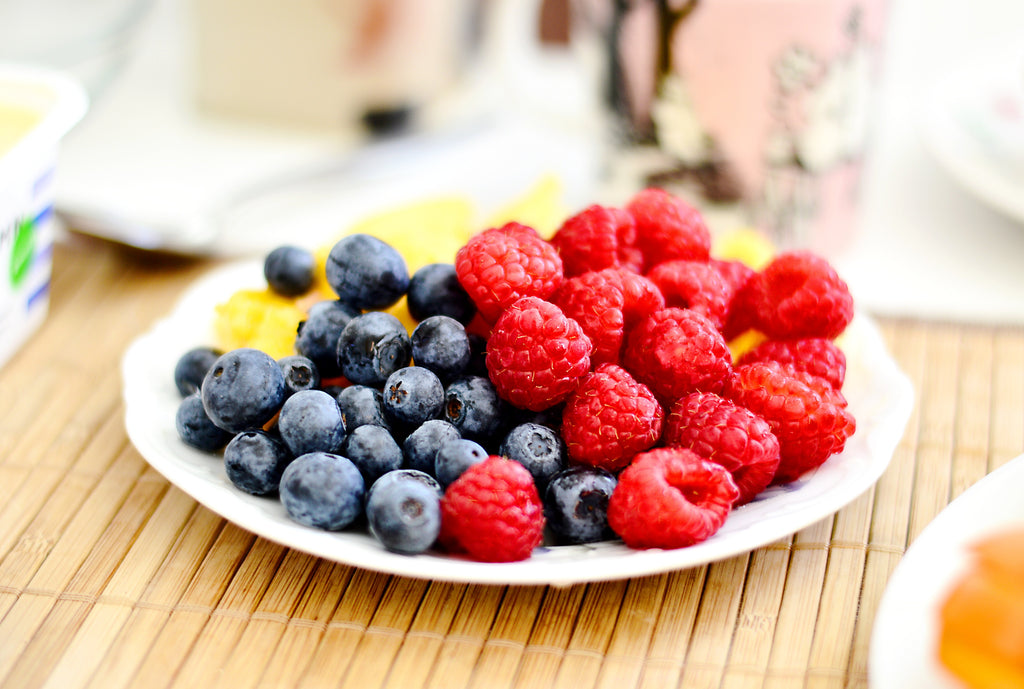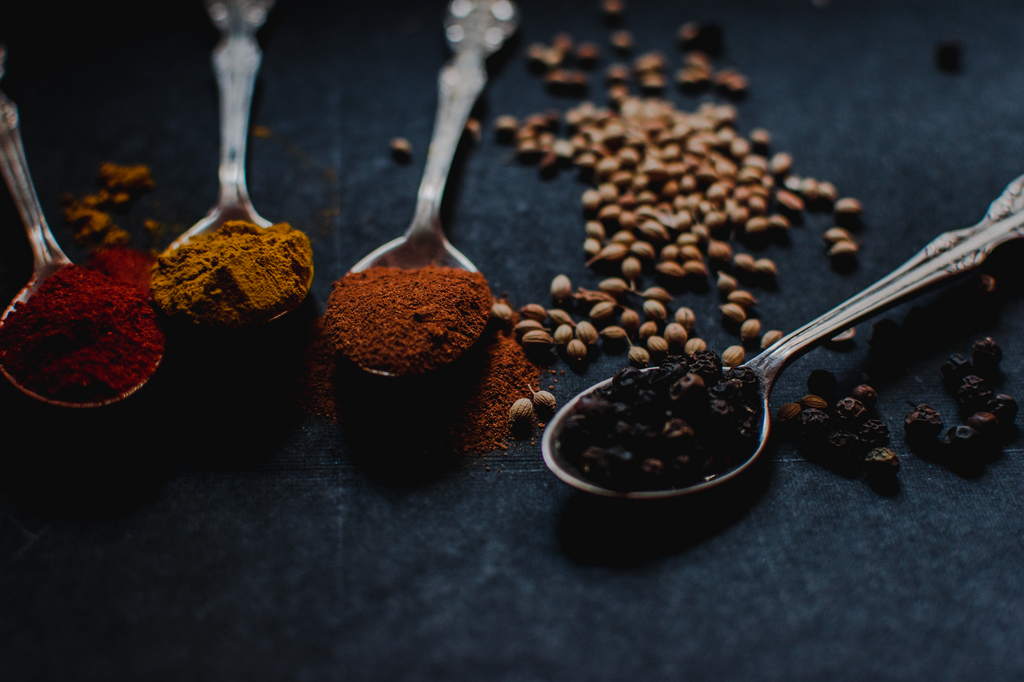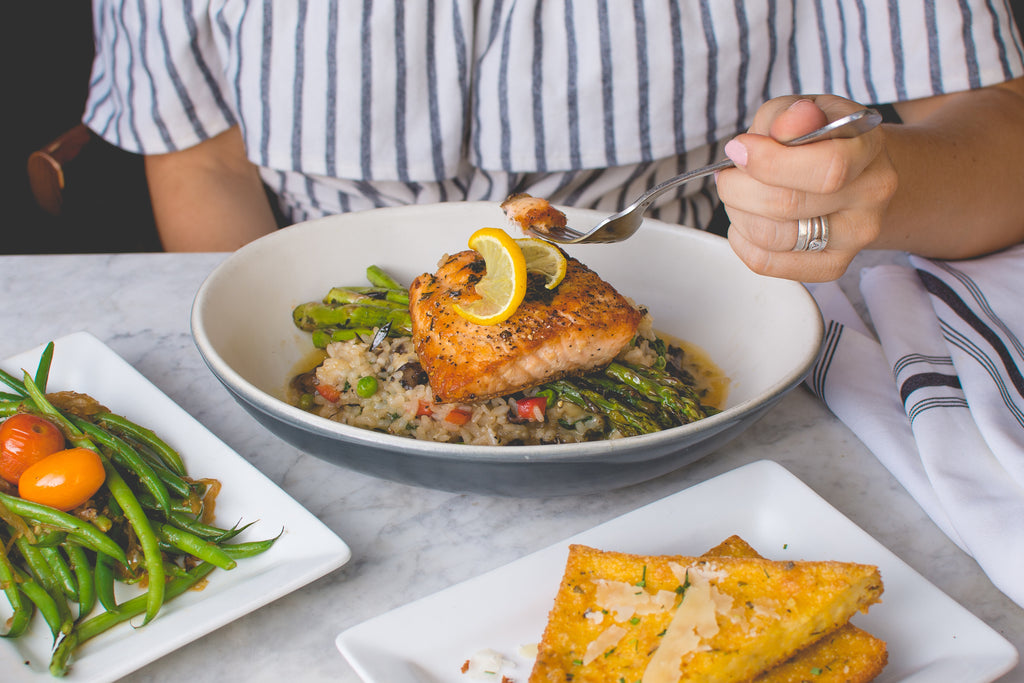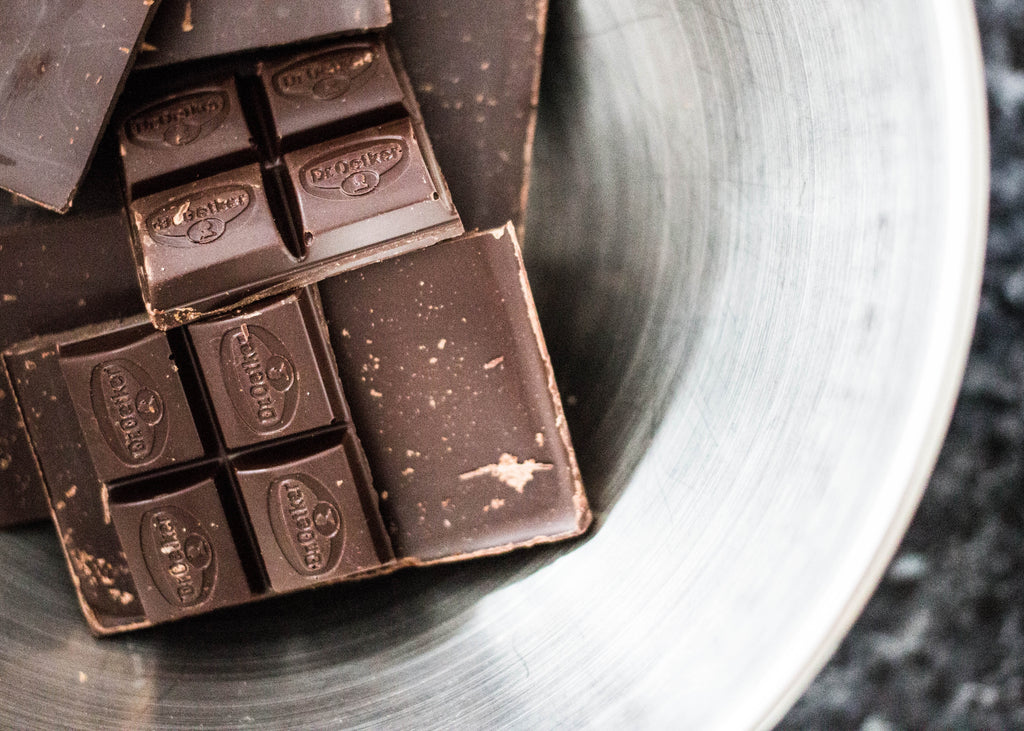When you feel sore, your first instinct might be to curl up on the couch with ice-cream or grab some takeaway on the way home because you’re too tired to cook. But what you might not know is by changing your routine and choosing to eat anti-inflammatory foods instead, you can start to relieve the pain naturally.
What are the benefits of eating anti-inflammatory foods?
Inflammation plays a critical role in pain and injury, whether it’s acute or chronic. In addition, it also affects many other health concerns, including:
- Heart disease
- Type 2 diabetes
- Autoimmune disease
- Allergies and intolerances
- Arthritis and chronic pain
- Mental health issues, such as depression and anxiety
- Digestive conditions
- Degenerative disease, such as Alzheimer's
Inflammation isn’t always a bad thing! It is part of the natural healing process, boosting the flow of blood and nutrients to an injured area. But many people experience low-grade chronic inflammation, which can lead to serious health issues over time. And the scariest thing is, many people experience it without even realising.
By making some minor adjustments to your diet and by consuming anti-inflammatory foods regularly, you can start to naturally reduce the amount of inflammation throughout your body. So not only will you see the difference when it comes to pain, you’ll also experience a host of other health benefits.
My favourite anti-inflammatory foods
There are so many different foods with anti-inflammatory benefits and properties, however today, I wanted to highlight five of my favourites.
Berries
These fruits are lower in sugar and higher in fibre, so they’re already a healthy alternative. Berries also contain potent antioxidants that can reduce inflammation. Research shows that blueberries are a great pick for athletes, as regular consumption can reduce post-exercise inflammation.
Ginger and Turmeric
When it comes to spices, these two are on top when it comes to reducing pain and inflammation. Turmeric is packed with anti-inflammatory compounds including curcumin and tumerone. Ginger has also shown to have pain-relieving effects in conditions such as osteoarthritis.

Oily Fish
When it comes to inflammation, omega-3 fatty acids are one of the most important nutrient groups. And when it comes to omega-3s, oily fish is your go-to food. Studies suggest that consuming oily fish 4 times per week can help to reduce inflammation in the body.
If you prefer a plant-based approach or aren’t a fan of fish, there are other sources of omega-3. Consume foods like flaxseeds, chia seeds, hemp seeds, teff and walnuts daily to hit your omega-3 needs.
Cherry Juice
This is my secret weapon when it comes to muscle pain and sleep issues. Tart cherries contain antioxidants that can relieve muscle pain, including post-workout soreness. But they also help you get a better night sleep, thanks to the natural melatonin content. I love mixing cherry juice with some sleepy tea and then making it into gummies for a sweet treat after dinner.

Dark Chocolate
I’m a nutritionist – but I’m also a foodie. That’s why dark chocolate is always on my anti-inflammatory food list. Cocoa, or cacao, is full of beneficial antioxidants that help to reduce inflammation.
Although I’m yet to come across a good study of dark chocolate for pain relief, there is research that shows dark chocolate consumption is associated with lower CRP, or C-Reactive Protein, levels. CRP is a well-known indicator of inflammation. The dose associated with health benefits is 20g per day – so go for it! 
Final Note - Anti-Inflammatory Foods that Help
The best thing about eating anti-inflammatory foods is that it’s about adding in the good, rather than taking out the ‘bad’. You’re more likely to stick to a way of eating that includes nutritious foods instead of a way that excludes your favourite foods!
About the Author - Samantha Gemmell (BHSC Nut Med)
Sam is a qualified nutritionist, health writer and speaker. Her passion lies in the power of food and the belief that there is no one perfect diet for everyone. Although she wears many hats within her industry, her end goal remains the same: making health simple, actionable and evidence-based. To get in contact with Sam, please visit: www.samanthagemmell.com



